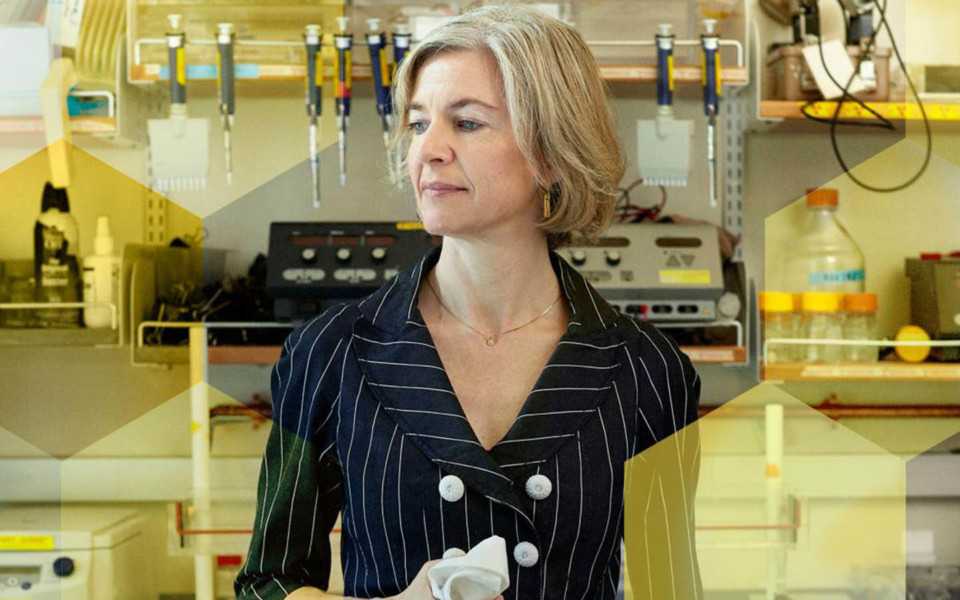Why Jennifer Doudna’s DNA discovery is revolutionising the way we tackle disease
Few people want to talk about disease after the year we’ve just had, but Jennifer Doudna is one of those who do — for the best of reasons. Thanks to her, a revolution is taking place in the way scientists combat some of the most serious illnesses that afflict humankind.
The American biochemist has pioneered a technology that cuts to the heart of life. “It’s an extraordinary tool that allows us to edit the life code of any organism, including humans,” she says. She is talking about Crispr-Cas9, a technique in which enzymes are used as “molecular scissors” to make changes to genetic code.
She helped develop the system with her longtime collaborator Emmanuelle Charpentier, an achievement that resulted in them being awarded the 2020 Nobel prize in chemistry. Their work is groundbreaking because it enables scientists easily and precisely to target DNA sequences and insert, remove or replace cells to achieve a range of benefits, from creating hardier plants to eliminating diseases.
Speaking from her home in Berkeley, where she works at the University of California, Doudna uses heart disease to illustrate how Crispr works and why it might be so useful. “There’s a well-known gene that in certain people protects them from high cholesterol and the resulting cardiovascular disease that can develop. Imagine if it were possible to edit that gene … so that we all had that protection. It’s possible to do this in animal models.”


